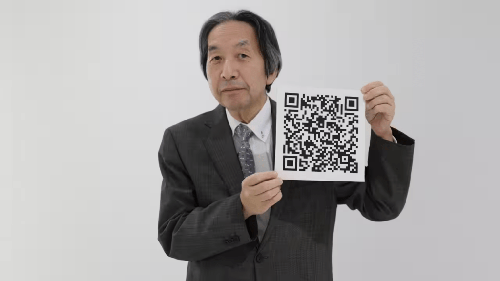A simple desire to make life easier for factory workers in 1990s Japan led to the creation of a technology that is now used by billions of people worldwide. This is the story of Masahiro Hara, the Japanese engineer who invented the QR code and, in a groundbreaking decision, shared it freely with the world.
In 1994, Hara, a lead developer for Denso Wave—a subsidiary of the Toyota Group—was tasked with a critical challenge. The company’s manufacturing plants were using traditional barcodes to track thousands of car parts, but the process was slow and cumbersome. Workers had to scan multiple barcodes on each component, leading to inefficiencies and frustration. Hara’s mission was to create a two-dimensional code that could store a much larger amount of data and be read quickly from any direction.
Inspired by the patterns of the black and white stones on a traditional Go board, Hara and his team developed the “Quick Response” or QR code. Unlike its predecessor, the QR code could hold significantly more information—up to 7,000 numeric characters—and was designed to be easily scannable from a full 360 degrees, a true game-changer for the fast-paced factory environment.
But the story of the QR code’s success goes beyond its technical brilliance. Denso Wave, the patent holder, made a visionary decision: it would not exercise its patent rights. This meant that the technology could be used and adapted by anyone, anywhere, without the need for a license. This open-source philosophy was a major factor in the widespread adoption of the QR code, first in Japan, and later around the globe.
While the QR code was a niche technology for years, it exploded into mainstream use with the advent of smartphones. Today, it is an indispensable tool for everything from digital payments and restaurant menus to public health tracking and product information. Hara, who has remained largely out of the public eye, has expressed immense satisfaction at the code’s global impact.
“I am pleased it is being used for people’s safety,” he said in a rare interview, acknowledging the code’s critical role in the COVID-19 pandemic. His generosity and ingenuity are a powerful reminder that some of the greatest innovations are born not from a desire for profit, but from a genuine wish to benefit society.







